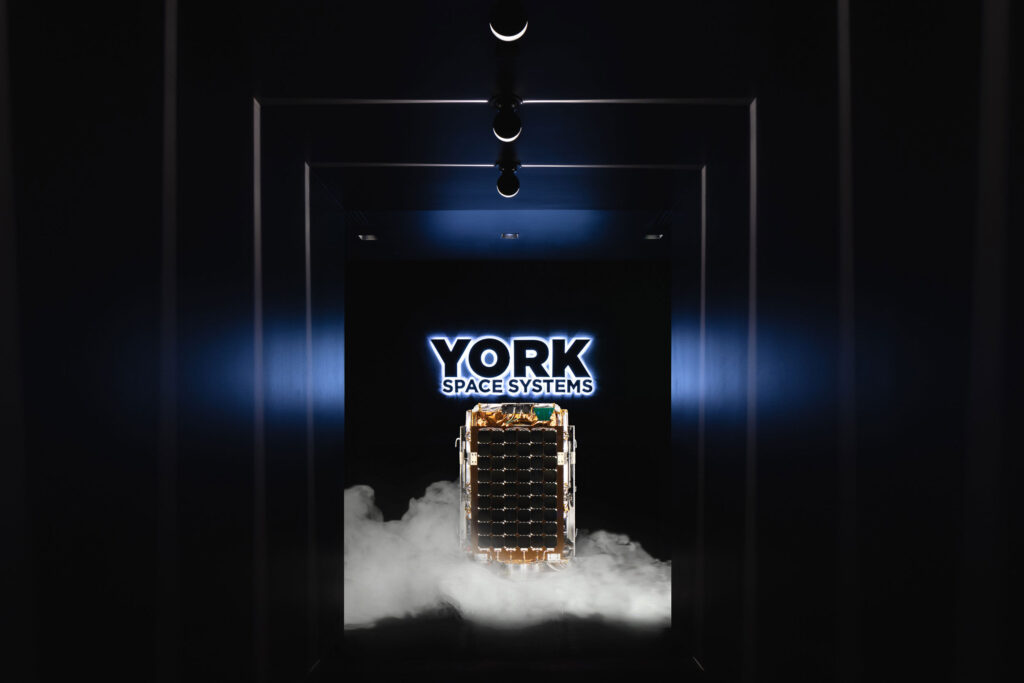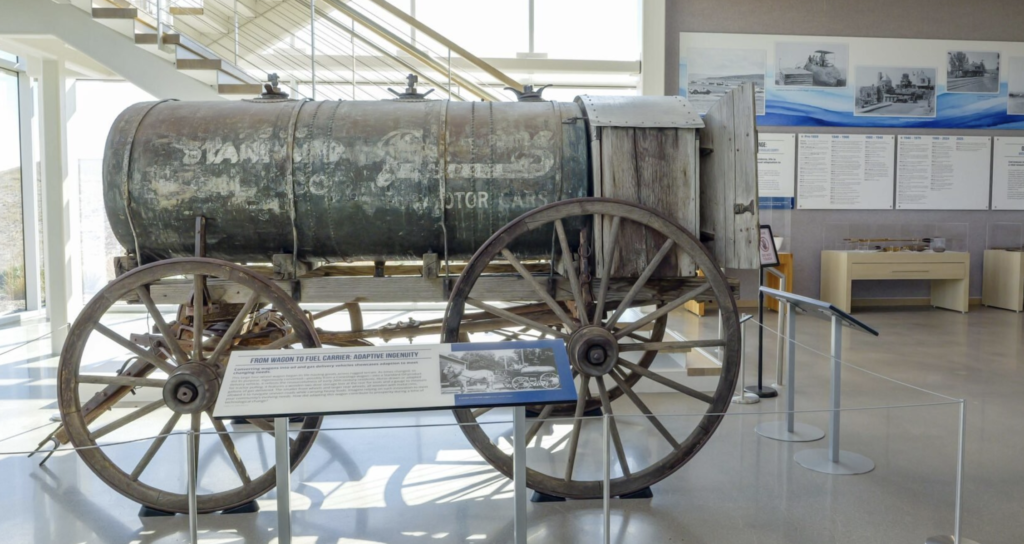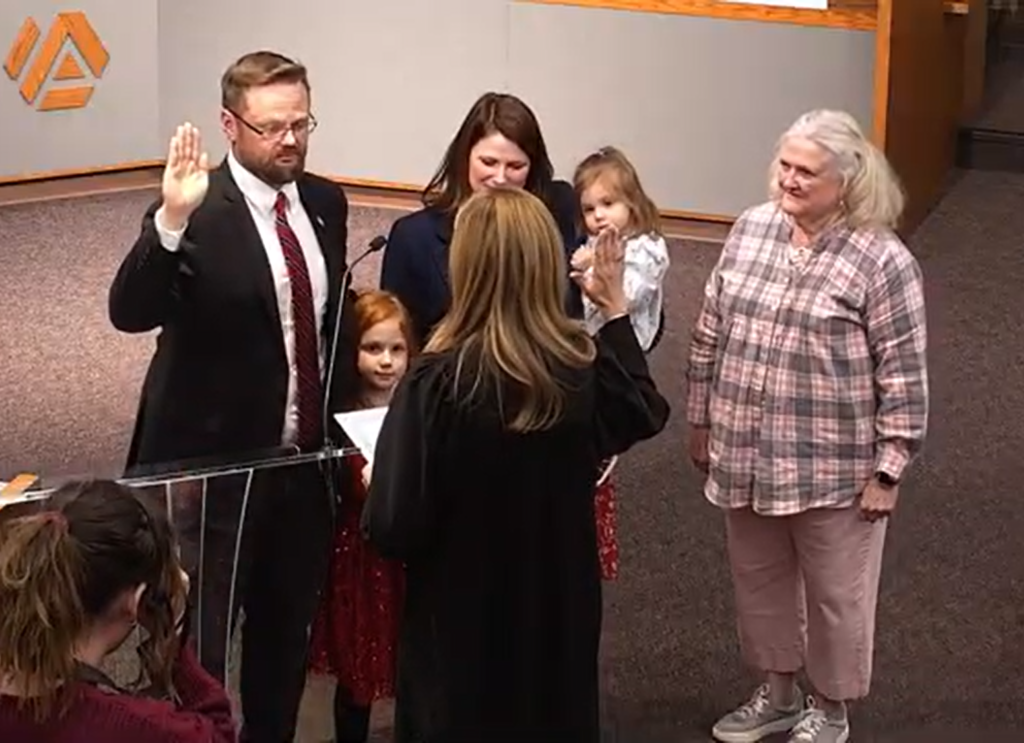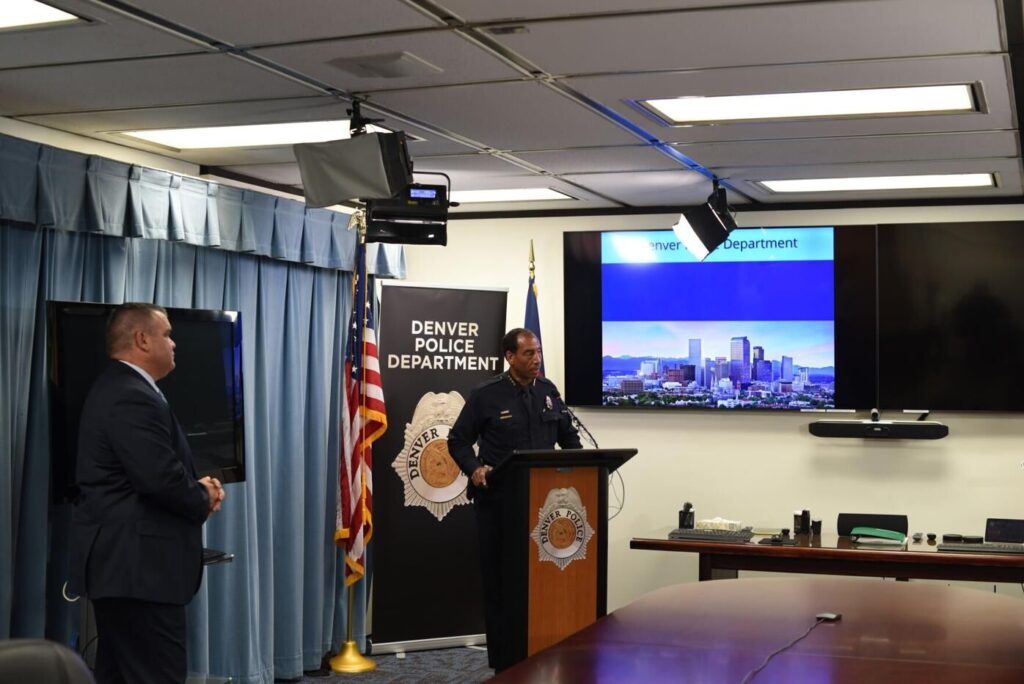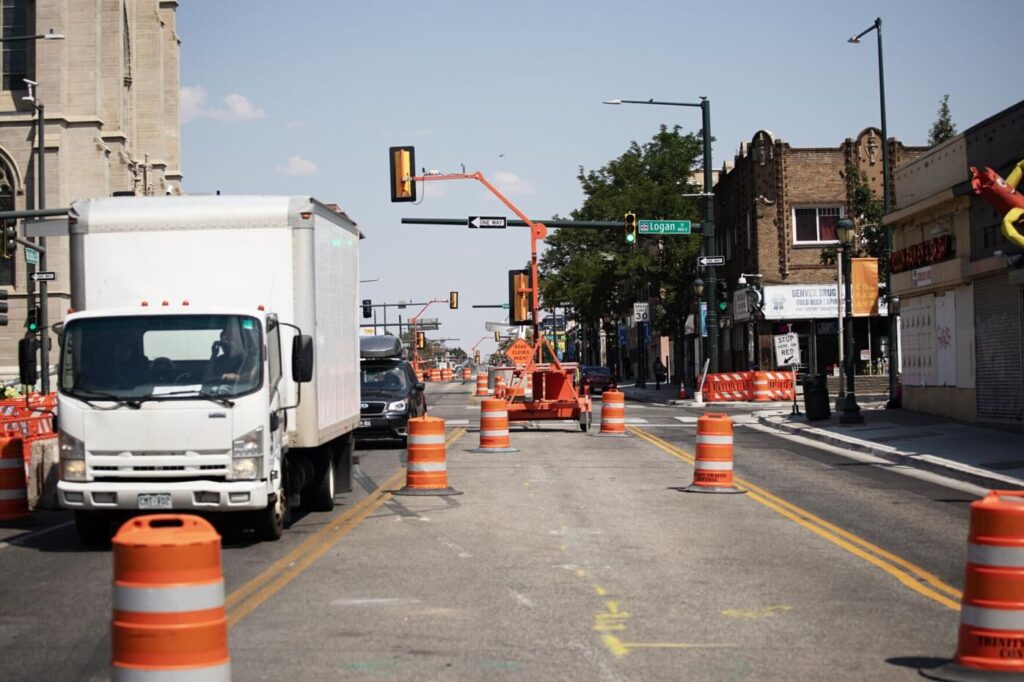Aurora homeless navigation campus welcomes 176 people on first day
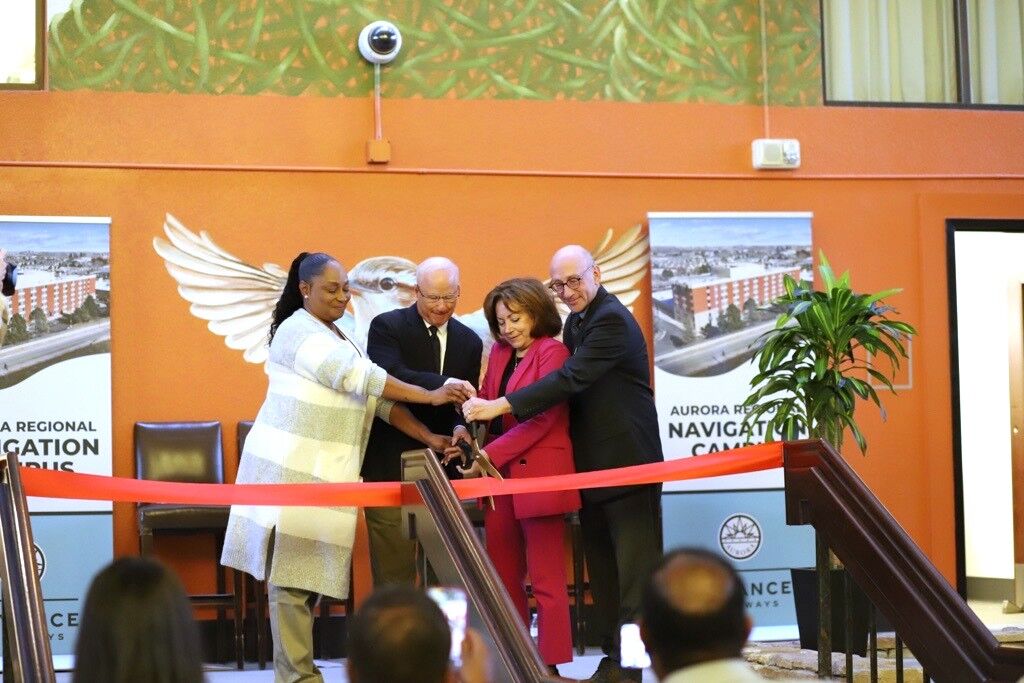
Aurora’s homeless navigation campus opened its doors to 176 homeless people Monday two weeks after its official ribbon cutting.
The navigation campus — formerly a Crowne Plaza hotel — at 15500 E. 40th Ave., has been in the works for more than a year after the city purchased the building in May 2024 for $26.5 million.
It now acts as a “one-stop shop” for homeless services, city officials said.
The 600-person facility opened Monday when the operator Advance Pathways shuttled homeless people over from the Aurora Day Resource Center, which is now closed permanently.
Staff reported that 162 people used the day center on Monday and 176 people stayed at the campus overnight, according to a city spokesperson.
Feedback was “largely positive,” the spokesperson said, and staff called day one a “success” as the almost-200 people got familiar with staff and services available to them and played the piano in the day center.
The facility has come a long way from being a hotel last year, Mayor Mike Coffman said at the ribbon-cutting ceremony in early November. He added that the facility will act “not as a handout, but as a hand up.”
His team chose Advance Pathways as the operator in a competitive bid process because of the organization’s “holistic” approach to homelessness, he said.
“That is what this facility will embody,” Coffman said. “A people-focused, progress-driven approach to homelessness that empowers and prepares people to come through these doors to improve their circumstances.”
Over the past year, Aurora City Council members have moved forward with what the mayor has called a “tough love” approach to homelessness, enacting a camping ban, alongside starting a court system to address low-level offenses by homeless people.
The campus is the final piece of the puzzle of that approach, Coffman told The Denver Gazette previously, offering a place where people can access all of the services they need in one building while being incentivized to work toward self-sufficiency.
The campus has three tiers that officials are calling “compassion,” “courage” and “commitment.”
Tier One, “compassion,” is a low-barrier emergency shelter for those in need of a place to sleep on any given night. There are no sobriety, work or other requirements for people who want to sleep on one of the 285 cots Advance provides in large rooms on the first floor.
Tier Two, “courage,” is for people working with case managers and pursuing goals to get them back on their feet, Advance officials said. It is named as such because it takes courage to face challenges holding people back from progress, Advance CEO Jim Goebelbecker said.
In Tier Two, there are designated rooms set aside with 114 individual pod-style living accommodations. The pods are more private than the cots in Tier One and include a bed and private storage space. The second tier serves as a “bridge between emergency shelter and fully independent living,” officials said.
Tier Three, “commitment,” is for those who have “committed” to long-term independent living, Goebelbecker said. People can move up to Tier Three when they are employed or have taken the next big step but may still need case work and services and aren’t yet ready to move out of the center.
Accommodations for people in Tier Three include 220 hotel-style rooms with either one or two beds and a bathroom.






